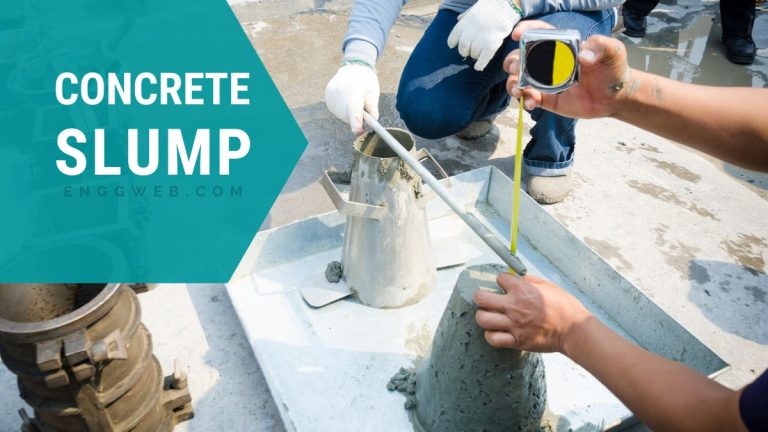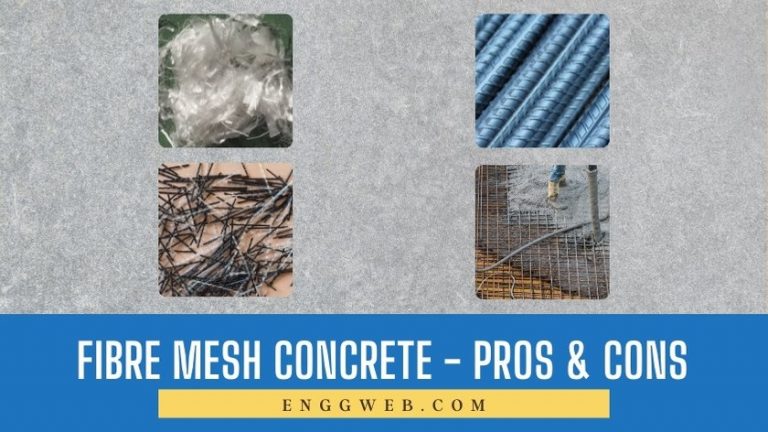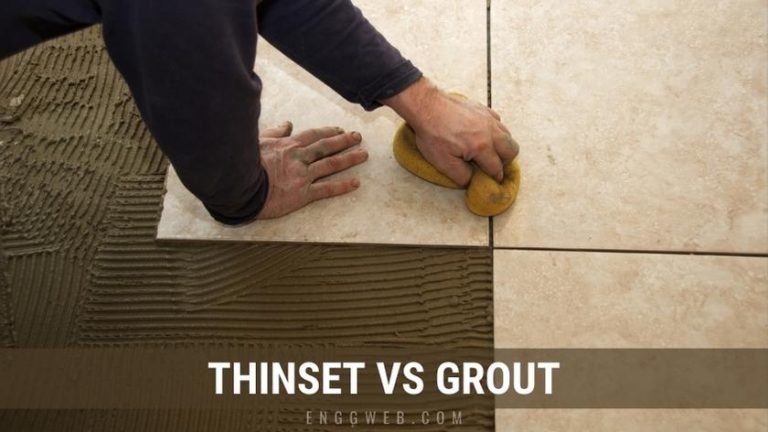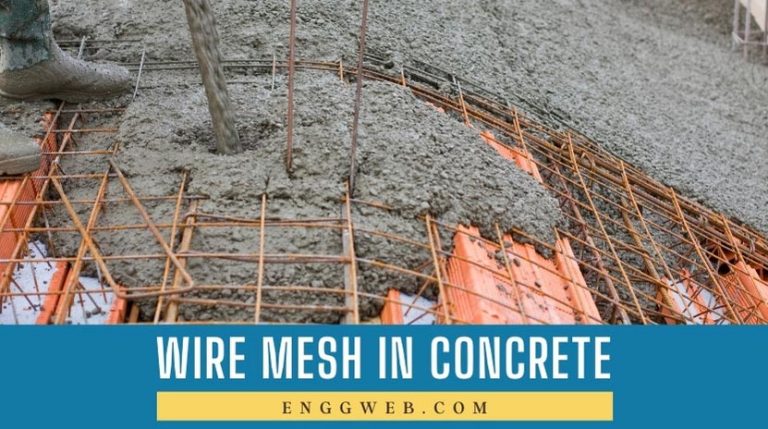What is Rebar Made Of?
Rebar is widely used in construction across the globe. What is it made of, and what else can you use it for? Is it always a metal, or could it be something else too?
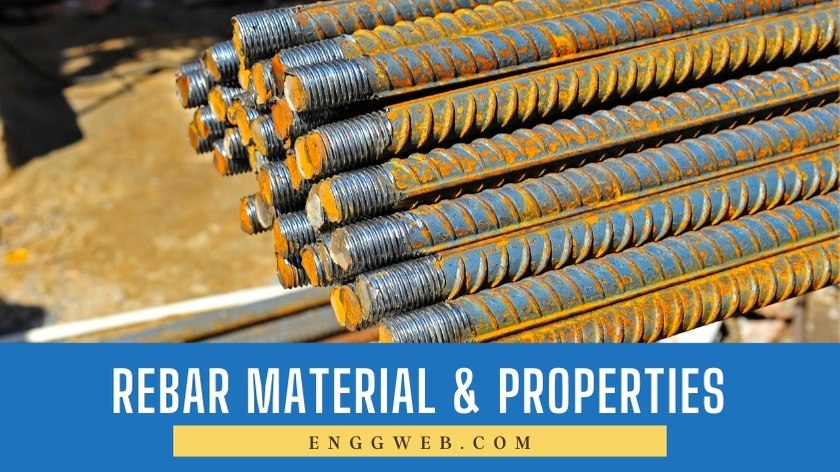
What is Rebar Used For?
Reinforcing bars shortly known as rebar is a form of reinforcement used in concrete structures to improve concrete tensile strength. Concrete is extremely strong in compression, but its tensile strength is a mere 10% of the compressive strength. Usually, this is not enough to satisfy the project’s design criteria. Metals, especially steel, have high tensile strength and, when used correctly, can meet the requirements for these projects.
Rebar is used in portions of concrete structures that require higher tensile strength than the concrete can offer.
Steel has the same thermal expansion properties as concrete and is thus ideally suited to this task. When incorporating steel rebar in a structure, the steel and concrete will shrink and expand at the same rate, thus avoiding any structural damage resulting from uneven thermal expansion.
Concrete Rebar Material
What is rebar made of? Concrete rebar can be manufactured from a host of different materials. Traditionally, rebar is made of carbon steel. Other metals such as alloy steel and stainless steels for marine works are also used. Lately, new technology has entered the market, with rebar manufactured from high-performance polymers. These polymers have many advantages when compared to traditional rebar, but also some drawbacks.
Polymer Rebar
The main advantage of polymer rebar is corrosion resistance. Since polymers are basically plastic, they won’t rust. The high-performance polymers used for rebar manufacturing are also resistant to harsh chemicals. Traditional rebar is highly susceptible to corrosion, both in-situ and while stored 0n-site before use.
Polymer rebar is cut to size as easily as traditional rebar. It handles similar to its traditional counterpart. The main drawback of polymer rebar is that it can’t be welded, while traditional rebar is often welded on site. We overcome this obstacle by using cable ties and other connectors that don’t require heat treatment or electrical machinery. This method of tying rebar could be seen as an advantage since site workers now require less equipment and fewer electrical connections at the job site.
At present, polymer rebar is slightly more expensive than its traditional counterpart. As technology progresses, this is bound to change as manufacturing techniques become cheaper and more sophisticated.
Metallic: Is Rebar High Carbon Steel Or Mild Steel?
The material used to manufacture rebar depends on the intended application. If the application requires increased corrosion resistance, as is the case in marine applications, the rebar would be made from stainless steel.
Other metals used to manufacture rebar include carbon steel, low alloy steel, rail or axle steel, and low carbon chromium. Of these, carbon steel is most commonly used and can be found in residential and industrial applications.
Is Rebar Galvanized?
Some types of rebar are galvanized to render it corrosion resistant. These types are generally more expensive than the more common high carbon steel ones.
Additionally, welding galvanized steel isn’t recommended since this would damage the galvanized layer, forming a weak spot susceptible to corrosion.
Rebar Properties
Can You Cut Rebar With Hacksaw?
It is possible to cut rebar with a hacksaw by using a metal cutting blade (18 to 32 TPI). Generally, the best tool for cutting rebar is a rotary cut-off wheel. Power tools such as angle grinders and chop saws are commonly used for this task.
If you don’t have one of these, a hacksaw would also do the trick. Alternatively, you can also use a portable band saw to cut them effortlessly.
Is Rebar Hardenable?
Steel’s hardenability depends on its carbon content. Some forms of rebar contain enough carbon for proper hardening, while others don’t. Since the constituents of metals used in rebar manufacturing aren’t closely controlled, you probably won’t be able to tell precisely what type of metal you’re working with.
The best way to determine your piece of rebar’s hardenability is to cut a small piece and carry out the hardening process and monitor the result.
Is Rebar Good For Making Knives?
Since rebar contains many impurities and has variable carbon concentrations, it is not recommended for forging blades of any kind. Experienced bladesmiths prefer to use old leaf springs and files instead of rebar since rebar generally won’t take an edge in the forging process.
In short, you’re wasting your time if you attempt to forge a knife from recycled rebar.
Can You Weld Rebar Together?
Some types of rebar can be welded, while others can’t. Generally, rebar made from low alloy steel can be welded since this material’s constituents are closely regulated.
Other types of rebar, specifically high carbon steel rebar, aren’t closely regulated and could thus have an untold number of constituents that interfere with the welding process.
Can You Bend Rebar? How?
With the right tools, it’s easy to bend rebar. This metal is relatively soft, at least in comparison to other high-performance metals.
How to bend rebar?
To bend rebar, you need a torch or other heat source, vise, and a steel pipe for leverage.
Place one end of the rebar in the vice, heat the area you want to bend and use the steel pipe as leverage to force the bend.
In construction projects, rebar is generally delivered to the site already cut to size and bent in the desired shape. At times, someone makes a mistake, and some of these pieces must be bent to shape on site. Here, site workers would use the same method described above to bend the rebar to the desired shape.
Is Rebar Magnetic?
Standard rebar is made from ferritic metals, all of which are magnetic. Some non-standard types are not magnetic. Polymer rebar is a prime example since this is not metallic and, along with stainless steel and other chromium steels, not magnetic.
Final Thoughts
Rebar is manufactured from a vast array of metals and used in nearly all construction projects. Finding recycled rebar to use in your DIY metalworking projects is exciting, and the possibilities are legion.
Unfortunately, rebar isn’t suitable for making knives since the chemical composition is highly variable. The carbon content is usually also too low to maintain a sharp edge.

